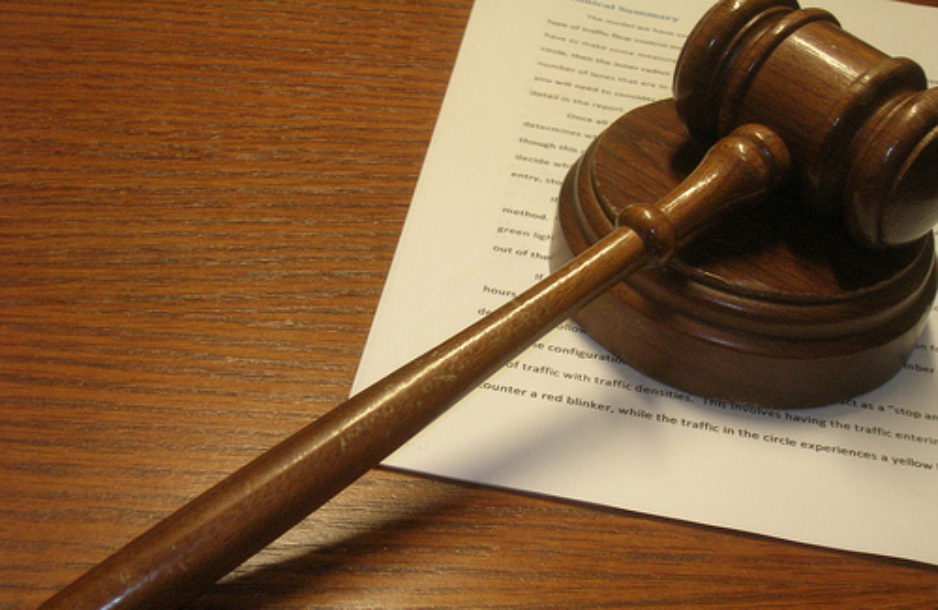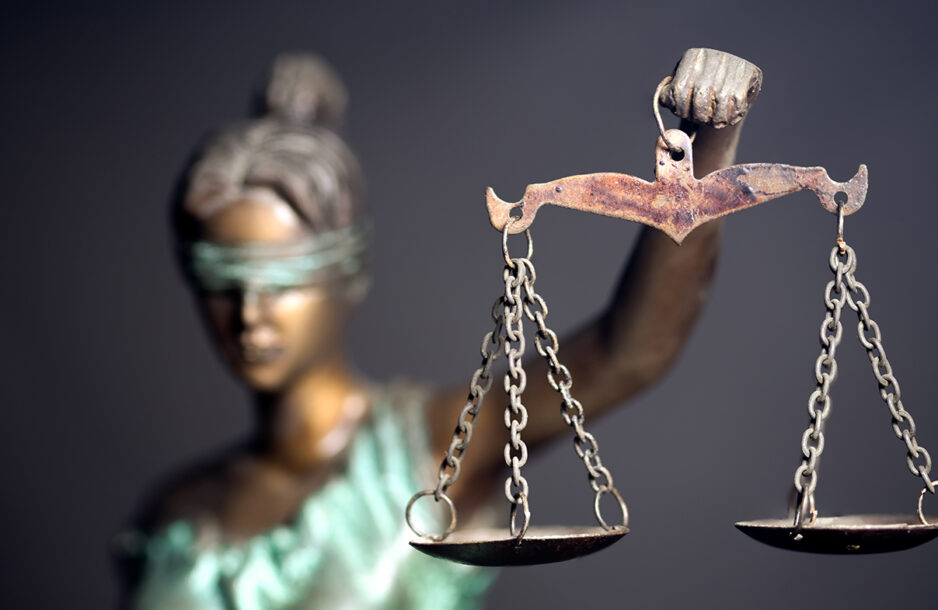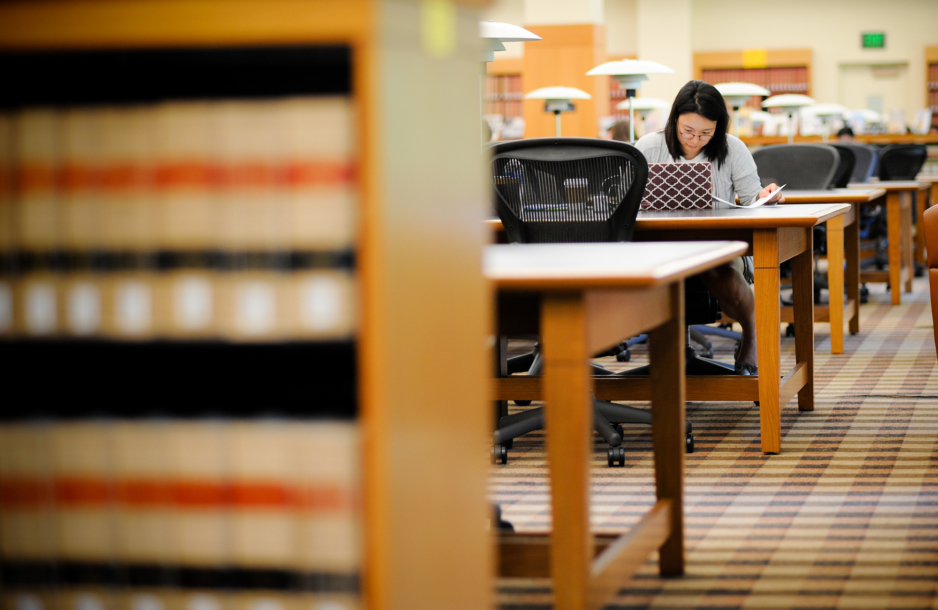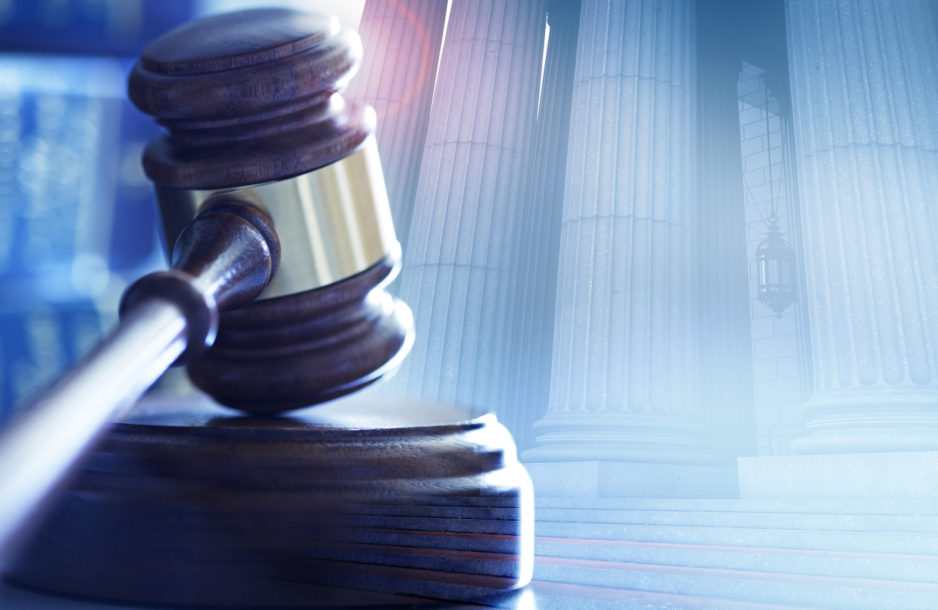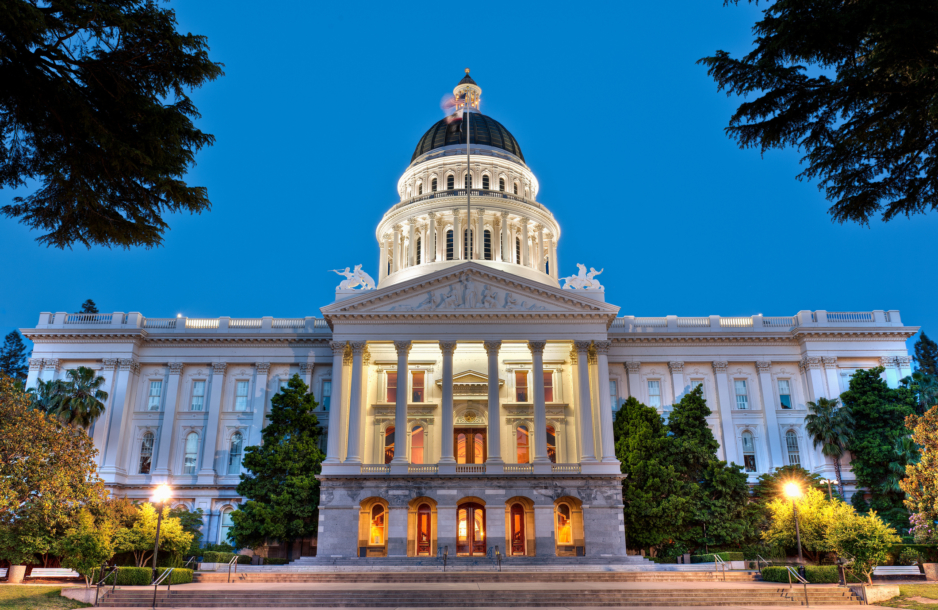David Freeman Engstrom
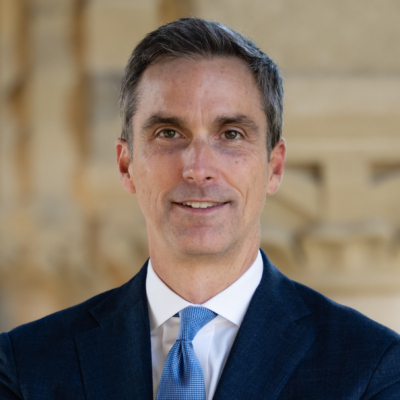
- LSVF Professor in Law
- Co-Director, Deborah L. Rhode Center on the Legal Profession
- Room N239, Neukom Building
Expertise
- Administrative Law
- Anti-Discrimination Law
- Civil Procedure & Litigation
- Constitutional Law
- Federal Courts & Federal Jurisdiction
- Legal History
- Public Policy & Empirical Studies
Biography
David Freeman Engstrom is the LSVF Professor in Law and the Co-Director of the Deborah L. Rhode Center on the Legal Profession, the premier academic center working to shape the future of legal services and access to the legal system. A far-ranging scholar of the design and implementation of litigation and regulatory regimes, Engstrom’s expertise runs to civil procedure, administrative law, constitutional law, law and technology, and empirical legal studies.
Professor Engstrom’s current work focuses on access to justice in the millions of low-dollar but highly consequential cases, including debt collection, eviction, foreclosure, and child support actions, that shape the lives of Americans each year. He currently serves as the Reporter for the American Law Institute’s Principles of the Law, High-Volume Civil Adjudication, which will offer courts guidance on the urgent challenges these cases raise. From 2020 to 2022, he served as a public appointee to the California State Bar’s Closing the Justice Gap Working Group, tasked with proposing reforms to foster innovation in legal services.
Another focus is technology’s role in the civil justice system. Engstrom’s projects span court use of technology in sprawling multidistrict litigations (MDLs), lawyer use of “legal tech” tools to serve clients, and a growing menu of technologies designed to assist those without lawyers. Engstrom has published numerous articles on these issues and is the editor of Legal Tech and the Future of Civil Justice (Cambridge University Press 2023). He also co-founded the Filing Fairness Project, an ambitious collaboration with six states and technology providers to simplify filing systems and eliminate access barriers.
Professor Engstrom’s expertise in law and technology also extends to the legal and policy implications of the “automated state.” In particular, he is an expert on growing government use of AI—a trend that is poised to transform everything from policing, to regulatory enforcement, to the distribution of welfare and other public benefits. During 2018-2020, Engstrom co-led a project at the Administrative Conference of the United States, Government by Algorithm: Artificial Intelligence in Federal Administrative Agencies, which remains the most comprehensive treatment of the subject to date.
Past projects include a series of articles on the class action and other civil procedure rules, a groundbreaking analysis of the role of race in American administrative law, the first large-scale empirical study of qui tam litigation under the False Claims Act, and a set of articles charting the past, present, and future of American job discrimination laws. His award-winning scholarship on these and other topics has appeared in Stanford Law Review, Yale Law Journal, and Columbia Law Review, among others, and has been cited in scores of court decisions and litigation briefs.
At Stanford, Professor Engstrom holds or has held many key administrative posts. In addition to his current role as Co-Director of the Rhode Center, Engstrom previously served as Stanford Law’s Associate Dean for Strategic Initiatives and has chaired multiple committees, from faculty appointments to workshops. He is a faculty affiliate at CodeX: The Stanford Center for Legal Informatics, the Regulation, Evaluation, and Governance Lab (RegLab), and the Stanford Institute for Human-Centered AI, where he chairs the Technology Policy Governance committee.
Beyond teaching and research, Professor Engstrom has served as counsel or consultant to a wide range of entities, including law firms, major corporations, government agencies, universities, and a leading litigation finance company. In 2021, he served as counsel to MDL lawyers opposing a proposed class action settlement in the RoundUp litigation in the U.S. District Court for the Northern District of California. He regularly authors amicus and litigation briefs in key cases before the U.S. Supreme Court, state supreme courts, and other tribunals. He is an elected member of the American Law Institute, a public member of the Administrative Conference of the United States, and a fellow of the American Bar Foundation.
Before joining Stanford’s faculty, Engstrom litigated at what is now Kellogg, Hansen, Todd, Figel & Frederick in Washington, D.C., where he represented clients before the U.S. Supreme Court and many other courts and agencies. He also clerked for Judge Diane P. Wood of the U.S. Court of Appeals for the Seventh Circuit and was a John M. Olin Fellow at Yale Law School. Earlier in his career, he worked on education, early childhood, and civil rights issues at Yale University’s Edward Zigler Center and the Hewlett Foundation. Before that, he taught high school and coached football in the Mississippi Delta. He holds a J.D. from Stanford Law School, an M.Sc. from Oxford University, and a Ph.D. in Political Science from Yale University.
Education
- AB Dartmouth College 1993
- MSc (Economic and Social History) Oxford University 1996
- JD Stanford Law School 2002
- PhD (Political Science) Yale University 2005
Related Organizations
Courses
- Access to Justice
- Access to Justice: Law, Policy, and Legal Ethics
- Administrative Law
- Civil Procedure I
- Digital Technology and Law: Foundations
- Directed Research
- Externship, Special Circumstances
- Policy Practicum: Can Opening Up the Legal Services Market Increase Access to Justice?
- Policy Practicum: Expanding Access to Justice in Eviction and Family Law
- Policy Practicum: Unlocking Technology to Promote Access to Justice
- SPILS Masters Thesis
- TGR: Dissertation
Policy Practicums
Faculty on Point | Professor David Freeman Engstrom on How Class Actions Lost Out to Labor Law
Key Works
News
I Am Your Retribution.’ Trump Knows What He Wants to Do With a Second Term.
The New York Times
David Engstrom, the LSVF Professor in Law and the Co-Director of the Deborah L. Rhode Center on the Legal Profession, wrote by email: As with so much else in American politics nowadays, it will be for courts to decide whether Schedule F runs afoul of the Civil Service Reform Act…
Read MoreWhen it comes to deregulation of the legal industry, divisions run deep
Legislators Shouldn’t Shut Down Ways to Help Californians Get Legal Help
Tom Girardi Downfall Casts California Bar in Unflattering Light
Bounty hunting: Foes of guns and abortion resurrect an old idea
California Takes Up Law Firm Ownership Fight After ABA Sidesteps
Stanford Law School Appoints New Leaders for the Center on the Legal Profession


